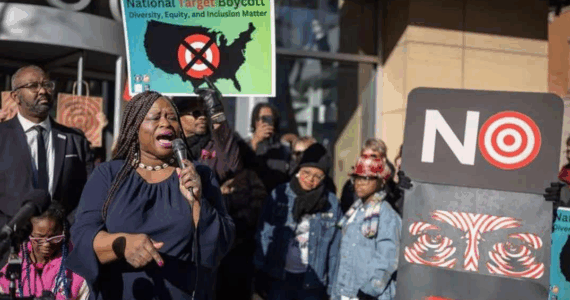Ben & Jerry’s, the iconic Vermont-based ice cream company renowned for its progressive social stances, is embroiled in a legal dispute with its parent company, Unilever, following the recent removal of CEO David Stever. The ice cream maker alleges that Stever’s dismissal was a direct response to his steadfast commitment to the brand’s social mission, a move it claims violates the terms of their merger agreement.
Allegations of Unlawful Dismissal
In a federal court filing on March 18, 2025, Ben & Jerry’s asserted that Unilever ousted Stever due to his dedication to the company’s social and political activism. The filing contends that this action breached the 2000 merger agreement, which stipulates that any decision regarding the CEO’s removal must involve consultation with an advisory committee from Ben & Jerry’s board.
The complaint emphasizes that Stever’s commitment to Ben & Jerry’s social mission and brand integrity, rather than any performance-related issues, motivated Unilever’s decision.
Historical Tensions Over Social Activism
Since its acquisition by Unilever in 2000, Ben & Jerry’s has maintained a distinct voice on social and political matters, often leading to friction with its parent company. Notable instances include the brand’s decision to halt sales in Israeli settlements in 2021, a move that sparked significant controversy and disagreement with Unilever.
More recently, in November 2024, Ben & Jerry’s filed a lawsuit accusing Unilever of suppressing its efforts to make public statements supporting Palestinian rights amid the Gaza conflict. The company also alleged that Unilever blocked its attempts to address other social issues, such as Black History Month and the arrest of a pro-Palestinian student activist.
Implications for Corporate Governance and Social Missions
The current dispute underscores the challenges that can arise when a subsidiary’s commitment to social activism clashes with the broader strategic objectives of its parent company. Ben & Jerry’s independent board, established during the merger to safeguard the brand’s social mission, argues that Unilever’s actions threaten the unique governance structure that has been integral to the company’s identity and success.
Anuradha Mittal, chair of Ben & Jerry’s board, stated, “For 25 years under Unilever’s ownership, this unique governance structure has been key to Ben & Jerry’s success. But today, that structure—and the values it protects—is under direct attack.”
Looking Ahead
As the legal proceedings unfold, the outcome may have significant implications for how multinational corporations manage subsidiaries with strong social missions. The case highlights the delicate balance between honoring a brand’s foundational values and aligning with the strategic priorities of its parent company.
Unilever has yet to publicly respond to the allegations. The business community and social activists alike are closely monitoring the situation, recognizing its potential to set precedents for corporate governance and the integration of social activism within large business entities.
The battle between Ben & Jerry’s and Unilever is far from over, and it raises major questions about corporate responsibility and social activism. What do you think—should brands stick to their values no matter the cost, or should they align with corporate interests? Drop your thoughts in the comments and follow MEFeater on Twitter, Instagram, Facebook, and Pinterest for the latest updates! 🍦💬




